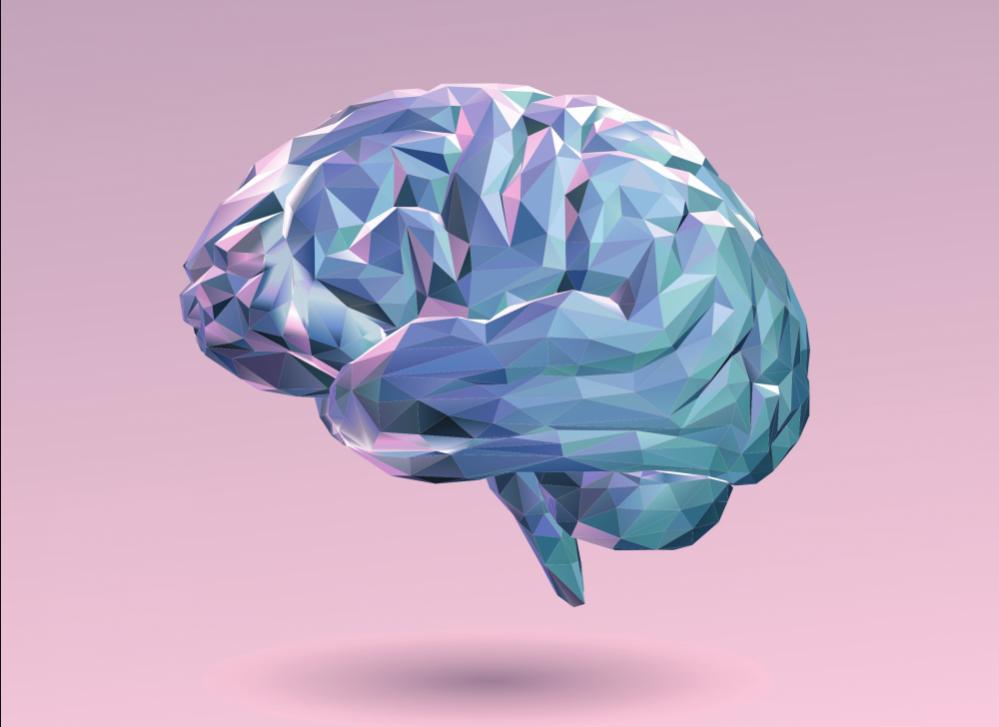昆士兰脑研究所是一家领先的神经科学研究机构,合作者遍布超过48个国家。
该研究所的研究重点是大脑发育和可塑性,心理健康,认知和行为,脑损伤,衰老和痴呆。研究所的400 +研究人员和支持人员每年产生约300-400同行评审的出版物,具有坚实的发现研究基础。研究所与政府和行业合作伙伴以及全球研究人员合作,确保他们的发现惠及所有人。
QBI拥有世界领先的设施,使研究所的科学家能够使用最好的技术和工艺来进一步推进神经科学研究。没有做研究和支持研究的人,QBI就无法产生世界级的神经科学。这就是为什么他们像关注科学一样关注人。研究所致力于建立一个多元化的工作场所,培训下一代神经科学家,并帮助建立员工的职业生涯。
研究所的愿景是通过更深入地了解大脑在健康和疾病中改善生活。研究所的使命是解开大脑的奥秘,产生新知识,了解学习和记忆,开发新技术来改善生活,诊断和治疗脑部疾病,改善心理健康。
在突触、细胞和分子神经科学方面,研究人员研究大脑如何在单个细胞及其称为突触的连接水平上运作。被称为神经元的脑细胞具有相互交流的独特能力,这一过程可以根据个人的经验进行调整和变化,这是大脑惊人可塑性的来源。药物治疗也以这种规模运作,因此通过了解大脑在细胞和分子水平上的运作,研究人员更有可能为阿尔茨海默病、焦虑和抑郁、精神分裂症、癫痫、运动神经元疾病等疾病找到新的“药物”靶点。

The Queensland Brain Institute is a leading neuroscience research institute with collaborators in more than 48 countries.
The institute's research focuses on brain development and plasticity, mental health, cognition and behavior, brain injury, aging and dementia. The Institute's 400+ researchers and support staff produce approximately 300-400 peer-reviewed publications each year, with a solid research base for discovery. The Institute works with government and industry partners and researchers around the globe to ensure their findings benefit all.
QBI has world-leading facilities that enable the Institute's scientists to use the best technologies and processes to further neuroscience research. QBI cannot produce world-class neuroscience without the people who do the research and support it. That's why they focus on people as much as they focus on science. The Institute is committed to building a diverse workplace, training the next generation of neuroscientists, and helping build the careers of its employees.
The Institute's vision is to improve lives through a deeper understanding of the brain in health and disease. The mission of the Institute is to unlock the mysteries of the brain, generate new knowledge, understand learning and memory, develop new technologies to improve life, diagnose and treat brain diseases, and improve mental health.
In synaptic, cellular, and molecular neuroscience, researchers study how the brain operates at the level of individual cells and their connections called synapses. Brain cells called neurons have a unique ability to communicate with each other, a process that can be adjusted and changed based on an individual's experience, which is the source of the brain's amazing plasticity. Drug therapy also operates at this scale, so by understanding how the brain works at the cellular and molecular level, researchers are more likely to find new "drug" targets for diseases such as Alzheimer's disease, anxiety and depression, schizophrenia, epilepsy, motor neuron disease, and more.